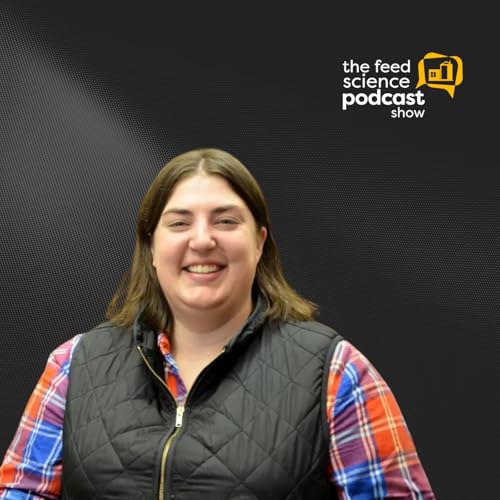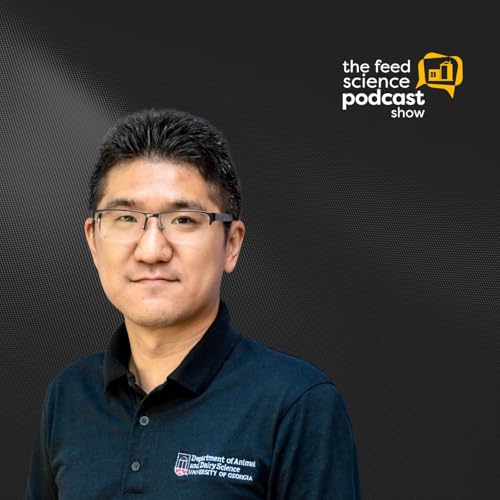In this episode of The Feed Science Podcast Show, Dr. Hongyuan Cheng, consultant in process engineering and extrusion technology, explains how China’s feed mills are adapting to green manufacturing rules, digital systems, and rising production demands. He outlines challenges in quality control, ingredient variability, and equipment optimization across aquatic feed operations. Get a clear look at how technology is reshaping modern feed production. Listen now on all major platforms!
“Chinese feed mills face difficulty attracting younger workers, making modernization and digital interfaces necessary to sustain stable operation in smaller regional facilities.”
Meet the guest: Dr. Hongyuan Cheng is a process engineering consultant based in Denmark with decades of experience in aquatic feed extrusion, digital production modeling, and feed process optimization. His background spans chemical engineering, academic research, and hands-on industry work across China and Europe. He specializes in improving fish feed quality, troubleshooting production challenges, and developing smarter extrusion systems.
Liked this one? Don’t stop now — Here’s what we think you’ll love!
What will you learn:
- (00:00) Highlight
- (00:58) Introduction
- (04:01) Green manufacturing
- (06:36) Digital operations
- (11:44) Quality control
- (16:07) Ingredient shifts
- (17:14) Production planning
- (28:23) Final Questions
The Feed Science Podcast Show is trusted and supported by innovative companies like:
* DietForge
* Kemin
* Evonik
- VAL-CO
𝗟𝗶𝘀𝘁𝗲𝗻 𝗼𝗻 𝗔𝗽𝗽𝗹𝗲 𝗣𝗼𝗱𝗰𝗮𝘀𝘁𝘀, 𝗦𝗽𝗼𝘁𝗶𝗳𝘆 𝗼𝗿 𝗮𝗻𝘆 𝗺𝗮𝗷𝗼𝗿 𝗽𝗹𝗮𝘁𝗳𝗼𝗿𝗺.
Website: The Feed Science Podcast Show
Instagram: The Feed Science Podcast Show
LinkedIn: The Feed Science Podcast Show
 31 分
31 分 28 分
28 分 26 分
26 分 32 分
32 分 31 分
31 分 28 分
28 分 33 分
33 分 31 分
31 分
